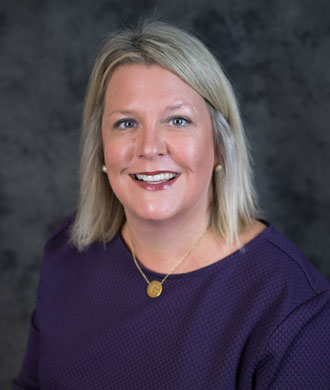Hello, readers! As we step into the new year with fresh energy and new opportunities, we are thrilled to share the latest updates in this edition of our quarterly newsletter. We invite you to read our newsletter to learn about all the latest news from the Maryland Center for Developmental Disabilities (MCDD), Kennedy Krieger Institute and the community.
We are excited to announce the release of the MCDD’s 2024 Annual Report! This comprehensive report highlights our initiatives, partnerships and the positive impact we made over the past year. It showcases our ongoing commitment to enhancing the quality of life for individuals with disabilities and their families across Maryland. The report includes updates on our programs and community outreach efforts, all designed to promote inclusivity, empowerment and greater accessibility.
Project HEAL (Health, Education, Advocacy, and Law), a community-based program of the MCDD, has launched a new video series, “Eight Common Myths About Social Security Benefits.” This series is designed to help individuals with disabilities and their families better navigate the complexities of Social Security benefits, including Supplemental Security Income (SSI) and Social Security Disability Insurance (SSDI). The series addresses widespread misconceptions that often prevent people from accessing the support they need, such as misunderstandings about work eligibility, the impact of employment on benefits, and eligibility criteria. The videos, available in both English and Spanish, are part of a larger effort to empower individuals with disabilities through accessible, essential information about Social Security benefits.
On November 11, we celebrated the publication of our RADx® Underserved Populations (RADx-UP) article, a collaborative effort with the University of Missouri-Kansas City Institute for Human Development, Missouri’s federally designated University Center of Excellence for Developmental Disabilities (UCEDD). Megan Meck, MS, MCDD project manager, and I contributed to the peer-reviewed journal article, “Transferable Lessons for Care Provided to Children With Intellectual and Developmental Disabilities Based on an Analysis of Facilitators and Barriers to SARS-CoV-2 Testing.” The article explores insights from parents and caregivers of school-age children with intellectual and developmental disabilities in Missouri and Maryland, highlighting key factors that facilitated or hindered access to SARS-CoV-2 testing.
Researchers at Ohio State University’s Nisonger Center, the Ohio UCEDD, are inviting adults with intellectual and developmental disabilities (IDD) to participate in the “Can You Hear Us Now?” study. Mirian Ofonedu, PhD, LCSW-C, director of training for the MCDD, is representing Maryland’s UCEDD on this important research initiative. The study aims to enhance services by understanding the healthcare experiences, including mental health, of adults with IDD. Participants will share their experiences in a private, online interview lasting about three hours, with both the participant and their support person receiving a $100 gift card. Visit rrtcnisonger.org for more details or to sign up for the study.
This quarter’s newsletter features program updates from our Autism Research and Engagement Core and People On the Go Maryland, a roundup of relevant resources, and profiles of the MCDD’s new trainees. We hope you find the resources in this newsletter helpful as we continue to work together to help individuals with disabilities learn, grow and thrive.
Take care and stay safe.
In gratitude,

Maureen van Stone, Esq., MS
Assistant Vice President, Kennedy Krieger Institute
Director, Maryland Center for Developmental Disabilities
Founding Director, Project HEAL (Health, Education, Advocacy, and Law)
